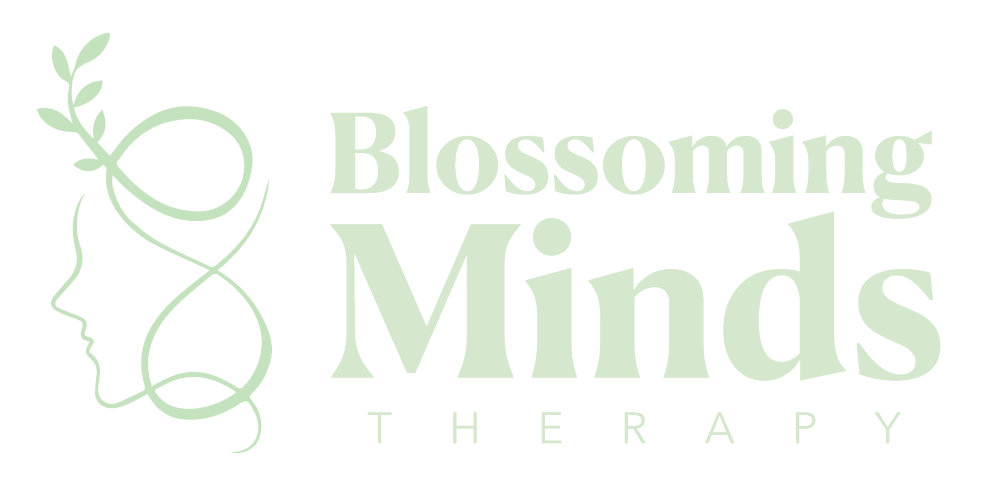What is ADHD?
ADHD is a neurodevelopmental disorder that is present in 1 in every 20 Australians. It is more common in boys. It is usually diagnosed in childhood and if it is untreated it can persist throughout adulthood; It was found that 3 in 4 children experience symptoms as they get older. Children with ADHD struggle with paying attention and controlling impulsive behaviours. Although it is normal for children to struggle with paying attention; ADHD causes this difficulty to persist. The disorder is commonly mistaken for depression and anxiety as their symptoms overlap. Experiencing complex trauma as a child can intensify ADHD symptoms which also emphasises depressive symptoms; as a result, people with this disorder can be misdiagnosed. Nonetheless, sematic questioning can allow professionals to correctly identify the disorder.
Symptoms
- Lack of emotional regulation
- Lack of emotional awareness
- Lack of Organisation
- Difficulty sticking to a routine
- Forgetting deadlines
- Time management difficulties
- Poor prioritisation skills
- Negative self-talk
- Procrastination
- Issues in relationships (particularly romantic)
- forget or lose things a lot
- fidgeting
- talking too much
- careless mistakes
- difficulty getting along with others
- troubles resisting temptation
Causes
- Approximately 75% genetics
- Brain injury
- Alcohol/tobacco use during pregnancy
- Low birth weight
- Premature birth


Stigmas surrounding ADHD
People with ADHD have reported hearing the following throughout their childhood
‘You have Potential but you don’t use it’
‘You’re not motivated’
‘You are very bright but you don’t apply yourself’
‘Easily distracted’ - This term has many layers
People who have ADHD will hyperfocus on tasks that they find engaging and stimulating which also offers them a reward system; for example, in gaming and sporting activities. They tend to procrastinate and leave important tasks last minute, this is because of the lack of dopamine being produced in their brain. However, the pressure of completing a task last minute stimulates them enough to do it. Another important cause of procrastination is their fear of failing and having the urge to impress others due to their struggle with self-worth.
Effects
It is also common for parents to avoid seeking assistance when their child presents symptoms due to the fear of being judged by others and ‘labelling’ their child. The avoidance has severe complications for the future as their child may grow up struggling with reducing their symptoms; they have to unlearn all of their previous beliefs about themselves that had been negatively reinforced throughout their life; for example, thinking they are depressed or unintelligent. This is a very difficult process which reinforces the importance of reducing the symptoms as early as possible. The unmanaged symptoms can cause difficult in school, at home, and with their friends.
Strategies to help
Children
- Behaviour therapy (sometimes combined with medication)
Teens/adults
- Medication
- Promoting self-awareness of emotions and thoughts
- Strategies maintaining a routine (utilising visually stimulating calendars)
- Traffic light system (reported to be useful(
- Sensory/fidget toys.
- Body doubling
- Mindfulness
Changing your perspective
Being diagnosed with ADHD could be a positive eye opening experience as it provides the ‘missing piece’ of the puzzle. It can provide an explanation, reassurance and the awareness can reduce other struggles with mental health. The phrase ‘ I am different’ can provide validation and doesn’t need to be viewed in a negative way, it can be an opportunity to gain a better understanding of one’s self.




